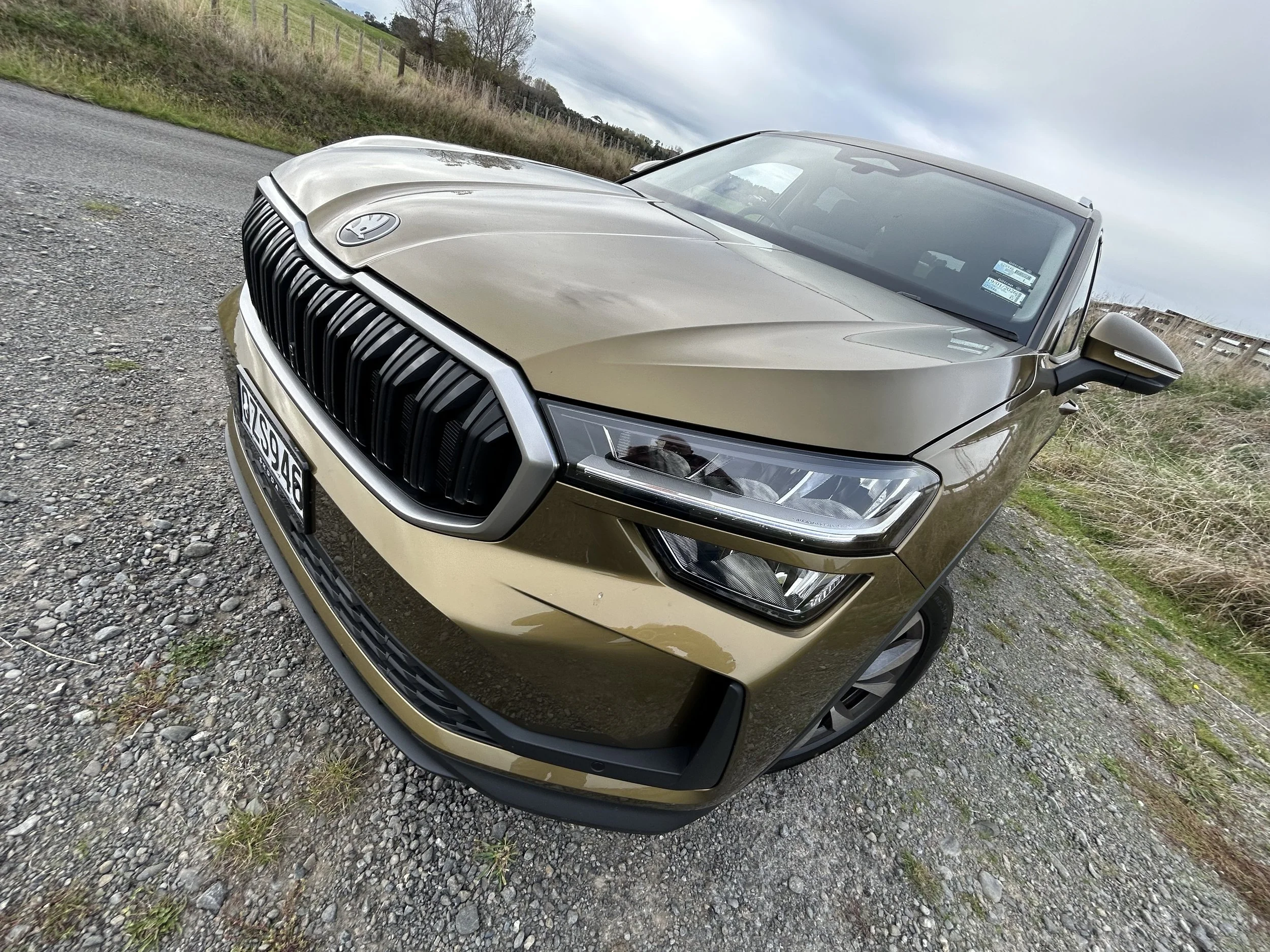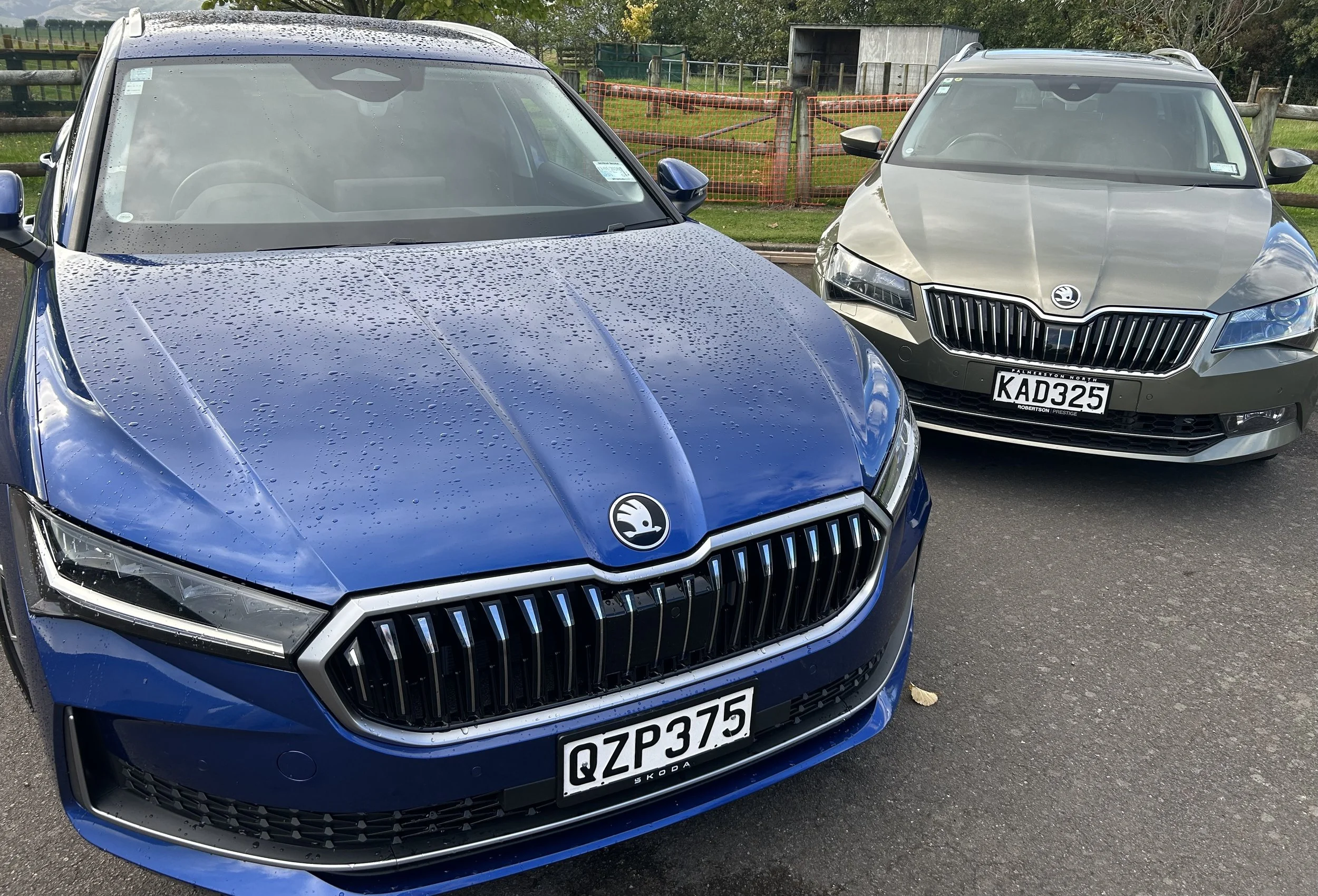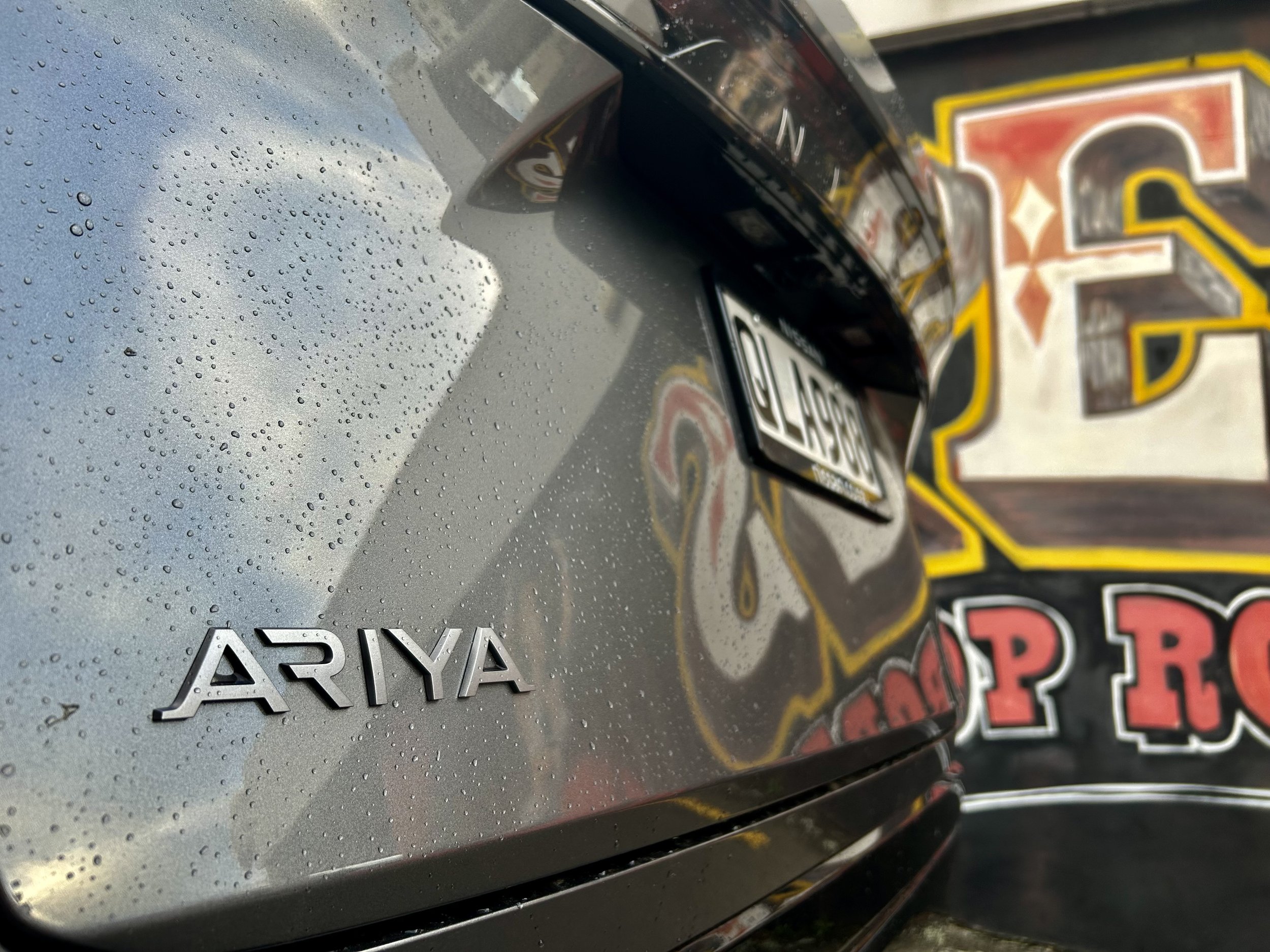‘Rebate-ready’ baby electric BMW still coming
/Commitment to entry iX1 remains firm, but local distributor won’t say if sticker will still be under $80k.
WITH Clean Car Discount a goner, BMW NZ won’t clarify if it will still honour commitment to introducing an electric model at a price that would have earned a Government handout.
However, BMW Group New Zealand’s top figure, managing director Adam Shaver (below), has reiterated his brand’s commitment to electric drivetrains in this market remains strong.
He foresees continuation of solid performances in that sphere in the next year, regardless of lessened Government interest in supporting the technology.
Presently one in five vehicles sold from the brand is powered by electricity.
“We’re very comfortable with our electric strategy,” Shaver commented today when hosting media in Queenstown for the latest addition to the family, a Five Series that is not only first to go battery pure but will be the first to represent in NZ without a petrol powertrain.
In respect to the coalition administration’s intent to axe the $7015 Clean Car rebate, introduced by the Labour government and acknowledged by the car industry as having incentivised purchase of sub-$80,000 new electrics, Shaver said BMW had largely been outside of that scheme’s influence.
“Our portfolio has not really engaged in the (past) Government’s policy so far.
“We’ve been priced above the $80,000 threshold anyway and we have been seeing great success.
“To be honest I don’t think this change (losing the rebate) impacts us directly all that much. I think with great products we will continue to see the growth we have already seen.”
BMW NZ’s focus on the G60-series Five introduced to media today is purer than in many places it sells.
Kiwis will get just a sedan and in a single twin motor M60 xDrive with a walloping 455kW and up to 820Nm torque. A cheaper rear-drive type and a 2.0-litre petrol being sold across in Australia, which secures common specification cars to NZ, will not come here.
At $196,900, the M60 is set to be the second-most expensive fully electric sedan BMW sells, behind the i7, a $276,600 ask. The models share a common platform and similar core technology.
The cheapest electric presently is the iX1 xDrive30 compact crossover, at $97,000.
Notwithstanding, BMW NZ announced in September intent to sell an entry iX1, the sDrive20, at a price point that would have earned a rebate.
Today BMW NZ reiterated that car will be coming - but it would not be drawn into saying what it will cost or if it intends to stay true to that ideal given the car will land after the rebate has gone.
It will only say that the entry iX1’s sticker will be revealed within a few weeks.
Government’s election vows included abolishing rebates and penalties, ostensibly from December 31, but a firm date has yet to be notified.
Whereas the iX1 xDrive 30 runs a 200kW/494Nm dual motor type with 440kms’ range on the WLTP scale, the iX1 sDrive20 has a single front-mounted electric motor, feeding from a 64.7kWh battery, from which 150kW (on temporary overboots) and 271Nm of torque is generated. A WLTP-rated range of up to 470km is cited, with DC charge rates up to 130kW possible.
Like the other iX1 models, the eDrive20 gets BMW’s latest interior, with a 10.25-inch information display and a second infotainment screen measuring 10.7 inches under a common glass surface curved towards the driver.
In addition to the iX1 sDrive20, there will be another compact BMW electric for 2024, the iX2 (above), the make’s first small fully electric sports activity coupe.
The electric involved product - 10 fully electric models plus some plug-in hybrids - has achieved 621 registrations across the BMW and Mini families to date this year. That penetration represents a 15.6 percent lift on 2022’s imprint.
Year to date, as at end of October, BMW has sold 1416 cars and Mini 812, counts that respectively represent six and 11.2 percent year-on-year increases in a year in which the premium sector fell back, by almost seven percent.
In some international markets, there has been sense that EV uptake has slowed, with early adopter interest having been satisfied.
Shaver, when asked if there was any evidence of that occurring here, responded: “I think there is a lot of noise in the market right now. I think we need to wait a little bit and see how the market in general goes.
“But, for BMW, we’ve seen really strong development and growth, so for the time being we continue with our strategy and I’m very confident.”



















